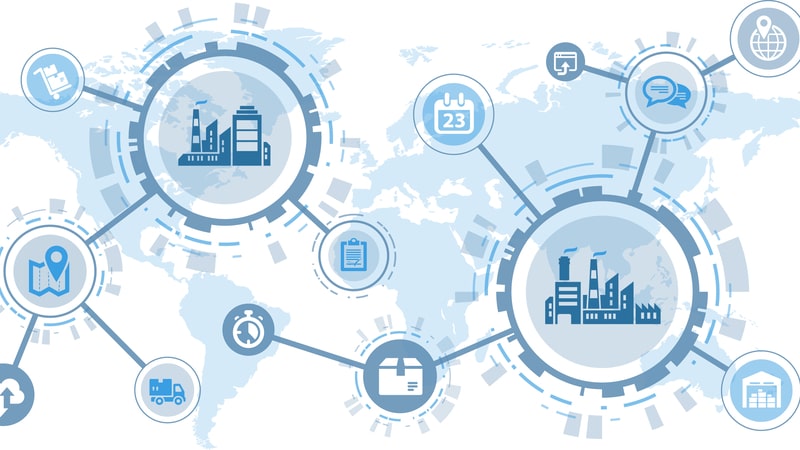
Witnesses at a House Ways and Means subcommittee hearing this week urged lawmakers to considering increasing transparency as a key element of actions that Congress may take on better securing and modernizing supply chains.
It has been 30 years since Congress’ last comprehensive overhaul of customs law, especially as it relates to supply chain issues, said Trade Subcommittee Chairman Rep. Adrian Smith, R-Neb.
“We have seen the emergence of e-commerce and major supply chain challenges – many of which stemmed from a global pandemic, changes in consumer behavior, and the rise of China as a much larger player in global trade,” Rep. Smith said during his opening statement at May 25 hearing. “Congress must do more to secure our key supply chains, modernize how and with whom we trade, and hold China accountable for its abusive trade practices.”
Currently, the law only requires public disclosure of cargo arriving by ship. While most U.S. imports arrive by sea, that metric is only true when cargo is measured by weight. According to witnesses, air and truck cargo currently represent 46.5 percent of U.S. import value – surpassing the nearly 43 percent arriving by maritime transport.
As Congress considers customs modernization legislation, witnesses urged lawmakers to consider ways to increase supply chain transparency for the benefit of American consumers and corporate stakeholders, and to protect people around the world from human rights abuses.
Michael Kanko, the chief executive officer of ImportGenius, explained that more transparent trade data will help improve America’s response to emergencies. For example, he said, working to track the supply of swabs and personal protective equipment during the COVID-19 pandemic was a challenge.
“Unfortunately, when the crisis hit, maritime shipments of swabs and N-95 masks plummeted. That was in part because the urgency of the moment shifted imports from maritime to air, and we lost the visibility of those shipments,” he added.
This example, Kanko explained, represents merely a fraction of the overwhelming evidence that makes one thing clear: “we all benefit from robust supply chain transparency.”
Martina Vandenberg, founder and president of the Human Trafficking Legal Center, also concurred with the need for more transparency of customs data, adding that the transparency could help eradicate forced labor in global supply chains.
“Public disclosure of import/export data is critical to tracing and monitoring forced labor risks in supply chains. Transparency of trade data is already far too limited … The trajectory should be for more transparency, not less … Now is the time to enact more transparency: disclosure of air, rail, and road manifests,” Vandenberg said.
